Russia-Iran Missile Deal: What It Means for the Ongoing Conflict in Ukraine
In a significant development that has raised eyebrows globally, Iran is reportedly preparing to deliver hundreds of ballistic missiles to Russia amid the ongoing war in Ukraine. According to a report by Reuters, Russia’s Ministry of Defense signed a contract with Iranian officials on December 13, covering the procurement of advanced missile systems. This strategic agreement includes the transfer of several defense systems, such as the Fat 360 close-range ballistic missile systems and another ballistic missile system developed by Iran’s state-owned Aerospace Industries Organization, known as AB Babul.
This move marks a new chapter in the unfolding conflict and has triggered a wave of international reactions, highlighting the growing military cooperation between Iran and Russia and its implications for the geopolitical landscape in Ukraine and beyond.
Iran’s Missile Delivery: What Do We Know?
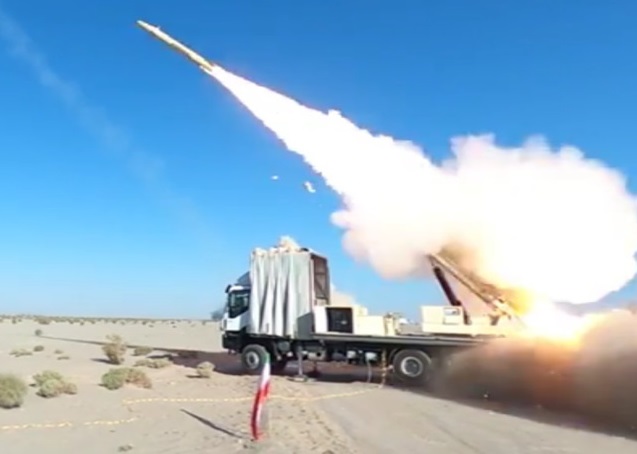
Fat 360
Based on European intelligence, Russian military personnel have visited Iran to train on operating these missile systems. The Fat 360 defense systems are of particular interest. The Fat 360 is a close-range ballistic missile system with a maximum range of 120 kilometers, equipped with a warhead weighing 150 kilograms. While Russia possesses its own ballistic missile capabilities, the additional supply from Iran could enable Moscow to reserve its existing arsenal for more distant targets, employing the newly acquired Iranian systems for closer-range strikes.
The report suggests that dozens of Russian personnel are undergoing training in Iran to handle these systems, with the possibility of delivery becoming imminent once this training phase concludes. The delivery of these missile systems to Russia would represent a significant escalation in military cooperation between the two countries, impacting the ongoing conflict dynamics in Ukraine.
International Reactions: The Stakes Rise
The news of the missile transfer has not gone unnoticed by the international community. The United States has already issued a stern warning, with a spokesperson for the National Security Council stating that the U.S. and its NATO allies are prepared to deliver a “swift and severe response” should Iran proceed with transferring the missile systems to Russia. According to U.S. officials, such a transfer would signify a “dramatic escalation” of Iranian support for Russia’s war against Ukraine.
The White House has been vocal about its concerns regarding the deepening security ties between Russia and Iran since the invasion of Ukraine began. While Iranian officials have admitted to selling missiles and drones to Russia, they have denied providing these specific missile systems so far. They argue that there is no legal prohibition on selling such weapons to Russia, emphasizing that Iran and Russia often engage in mutual purchases of parts and military equipment, leaving the use of such equipment up to the purchasing country.
Iran’s Military Support for Russia: From Drones to Missiles
Until now, Iran’s military support for Moscow has been primarily limited to supplying unmanned Shahed attack drones, which, although effective, are slower and easier to shoot down than ballistic missiles. Military experts suggest that a large-scale delivery of short-range ballistic missiles from Iran to Russia could place further strain on Ukraine’s already stretched missile defense systems.
The potential delivery of ballistic missiles signals a shift in the scope and intensity of Iranian support for Russia. Unlike drones, ballistic missiles are faster, harder to intercept, and capable of causing much more damage. The use of ballistic missiles by Russia in the conflict could significantly alter the dynamics on the battlefield, potentially complicating Ukraine’s efforts to defend its territory.
Why Is Iran Supplying Missiles to Russia?
Iran’s decision to supply Russia with missiles is rooted in a complex mix of strategic, political, and economic factors. The deepening military cooperation between Tehran and Moscow is partly driven by shared geopolitical interests, including their opposition to U.S. and Western influence in the Middle East and Eastern Europe. Both nations have faced extensive sanctions and diplomatic isolation from the West, pushing them closer together as they seek to bolster their military capabilities and strategic reach.
Moreover, Iran sees an opportunity to expand its military influence by providing crucial support to Russia at a time when Moscow is increasingly reliant on external partners to sustain its war effort in Ukraine. This cooperation also serves Iran’s interests by allowing it to test and demonstrate its military technology on the global stage, potentially attracting future buyers and strengthening its position as a key player in the region.
The Impact on the Ukraine Conflict
The potential delivery of Iranian ballistic missiles to Russia could significantly impact the war in Ukraine. Ballistic missiles are far more challenging to intercept than drones due to their speed, range, and ability to maneuver mid-flight. As such, they could pose a severe threat to Ukrainian military positions, infrastructure, and civilian areas.
Ukraine’s missile defense systems are already under immense pressure, and the introduction of a large number of new missiles into the conflict could overwhelm these defenses, making it harder for Ukraine to protect its territory and its people. This development could force Ukraine and its allies to reconsider their military strategies and seek additional support to counter the new threat.
What Could Happen Next?
As Russian personnel complete their training in Iran, the next logical step would be the delivery of the missile systems. Should Iran proceed with this transfer, it would likely prompt a swift and forceful response from the international community, particularly from the U.S. and its NATO allies. This could lead to further sanctions against both Iran and Russia, additional military aid to Ukraine, or other measures designed to counter the perceived threat.
Furthermore, the deal could also have implications for regional stability in the Middle East. Iran’s growing military cooperation with Russia could provoke concerns among its regional rivals, such as Israel and Saudi Arabia, potentially leading to increased tensions or even conflicts in the region.
Broader Implications for Global Security
The potential transfer of ballistic missiles from Iran to Russia also raises concerns about the proliferation of advanced military technology and the risks it poses to global security. As countries like Iran and Russia deepen their military cooperation, there is a growing risk that such weapons could fall into the hands of non-state actors or terrorist organizations, further destabilizing regions and exacerbating existing conflicts.
Additionally, this development underscores the importance of international arms control agreements and the need for robust enforcement mechanisms to prevent the spread of dangerous weapons. The potential transfer of missiles from Iran to Russia highlights the challenges of enforcing such agreements and the need for renewed diplomatic efforts to address these issues.
Conclusion: What Lies Ahead?
The reported missile deal between Iran and Russia represents a significant escalation in their military cooperation and could have far-reaching implications for the conflict in Ukraine and global security. While the immediate impact on the battlefield remains to be seen, it is clear that this development will complicate efforts to achieve a peaceful resolution to the conflict.
As the world watches closely, the international community must respond decisively to prevent further escalation and address the underlying causes of the conflict. This will require a concerted effort by all stakeholders to engage in meaningful dialogue, build trust, and work toward a lasting solution that respects the sovereignty and territorial integrity of Ukraine.
In the meantime, the potential delivery of Iranian ballistic missiles to Russia serves as a stark reminder of the dangers of unchecked military cooperation and the need for vigilance in safeguarding global security.
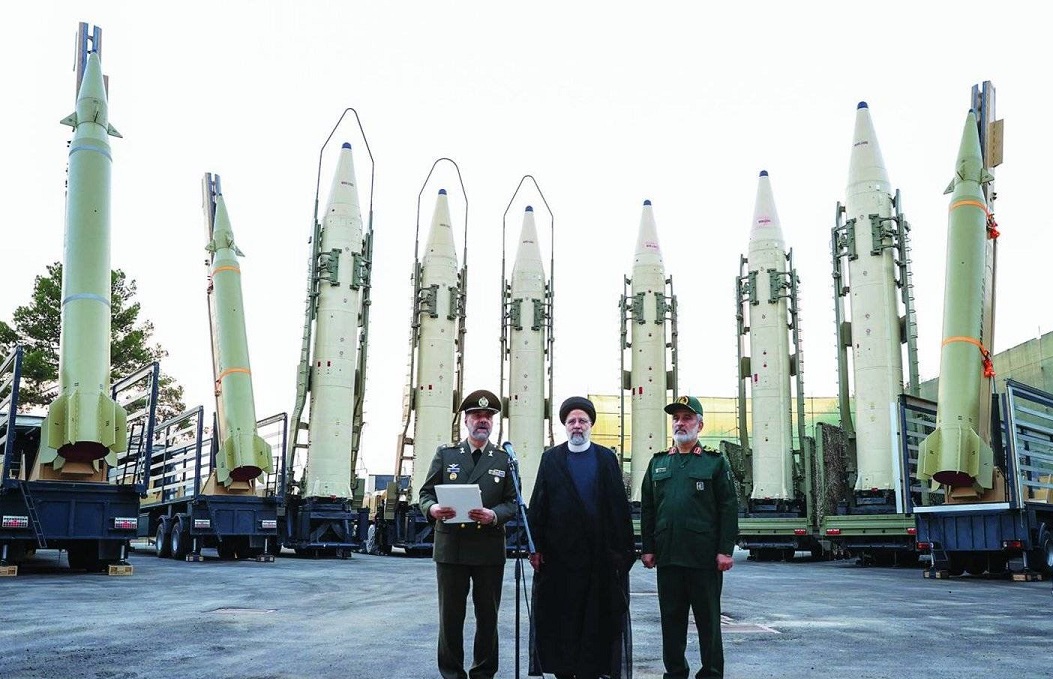
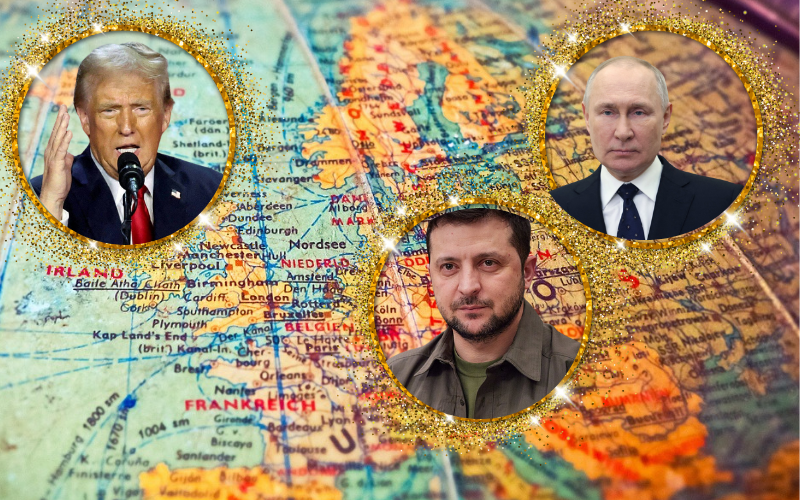

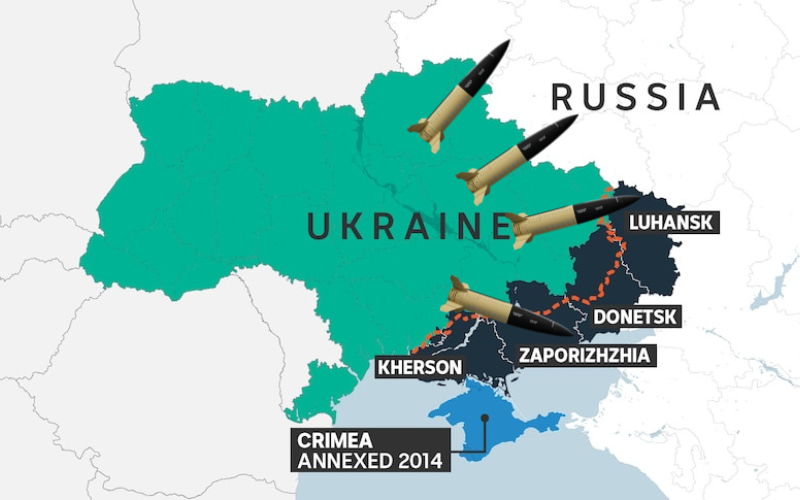
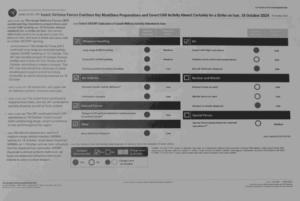
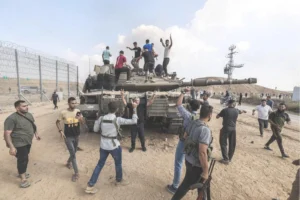


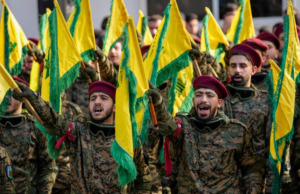

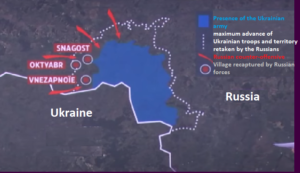



Post Comment